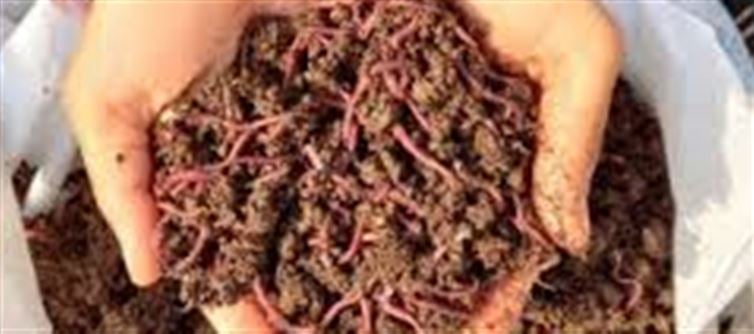
The demand for organic manure in North Bengal’s tea gardens is soaring, and the surprising hero behind this growth is Durgapur’s Pratapur village. Known more for its industrial belt, Pratapur has quietly transformed into a major hub for high-quality vermicompost production. Here’s a detailed look at this eco-friendly success story.
1. Pratapur’s Vermicompost Revolution
Pratapur village, situated in the Durgapur industrial belt, has become synonymous with premium organic manure, thanks to the community’s innovative approach to vermicomposting.
- The village produces large quantities of nutrient-rich compost from cow dung.
- Earthworms play a central role, breaking down organic matter and creating fertile, chemical-free manure.
2. Why North bengal Tea Gardens Prefer It
North Bengal’s tea gardens are increasingly turning to organic fertilizers for better crop yield and sustainability:
- Improves soil fertility and moisture retention
- Boosts tea leaf quality and aroma naturally
- Reduces dependence on chemical fertilizers, aligning with eco-friendly farming practices
3. The Magic of cow Dung and Earthworms
- Cow dung serves as an ideal medium, rich in nitrogen and other nutrients essential for plant growth.
- Earthworms act as natural processors, converting raw dung into fine, nutrient-dense vermicompost.
- This combination not only enriches soil but also promotes healthy microbial activity, leading to robust plant growth.
4. Economic Impact on Pratapur
- Villagers have tapped into a profitable niche, selling vermicompost to tea estates at premium rates.
- The initiative has generated employment opportunities for local families.
- It positions Pratapur as a reliable supplier in the growing organic farming market.
5. Sustainable Farming Benefits
The move from chemical fertilizers to vermicompost highlights a sustainable approach to agriculture:
- Eco-friendly: Reduces environmental pollution
- Cost-effective: Lowers chemical fertilizer expenses for farmers
- Soil-friendly: Enhances long-term fertility and health of plantations
6. The Road Ahead
With North bengal tea gardens increasingly seeking organic alternatives, Pratapur’s vermicompost production is likely to expand further, potentially becoming a model for other regions. The blend of traditional cow dung knowledge and modern vermiculture techniques has created a win-win scenario for both farmers and the environment.
Disclaimer:
The views and opinions expressed in this article are those of the author and do not necessarily reflect the official policy or position of any agency, organization, employer, or company. All information provided is for general informational purposes only. While every effort has been made to ensure accuracy, we make no representations or warranties of any kind, express or implied, about the completeness, reliability, or suitability of the information contained herein. Readers are advised to verify facts and seek professional advice where necessary. Any reliance placed on such information is strictly at the reader’s own risk..jpg)




 click and follow Indiaherald WhatsApp channel
click and follow Indiaherald WhatsApp channel